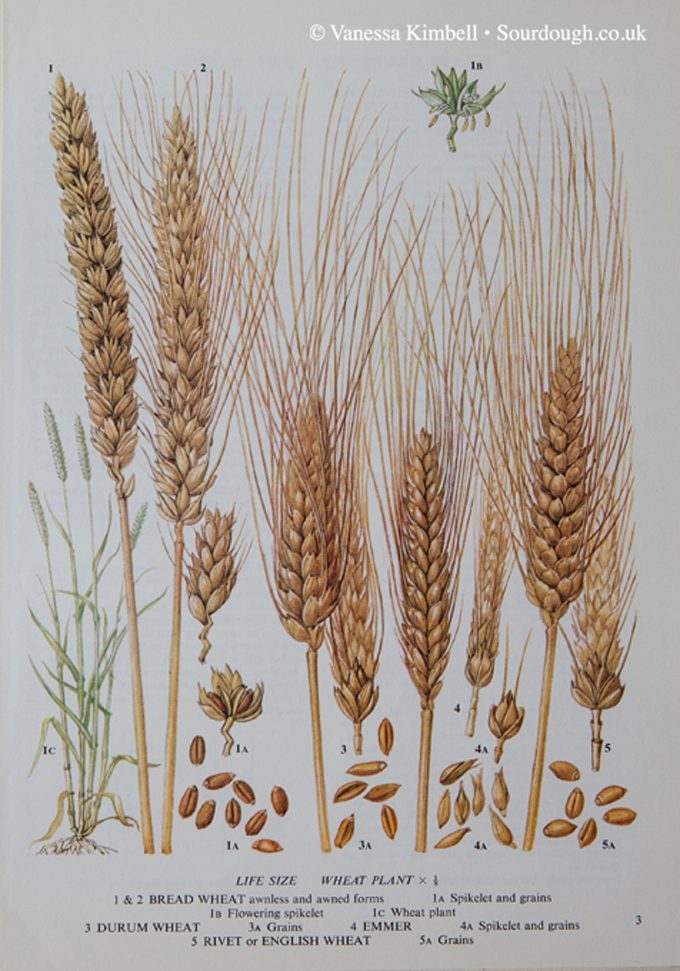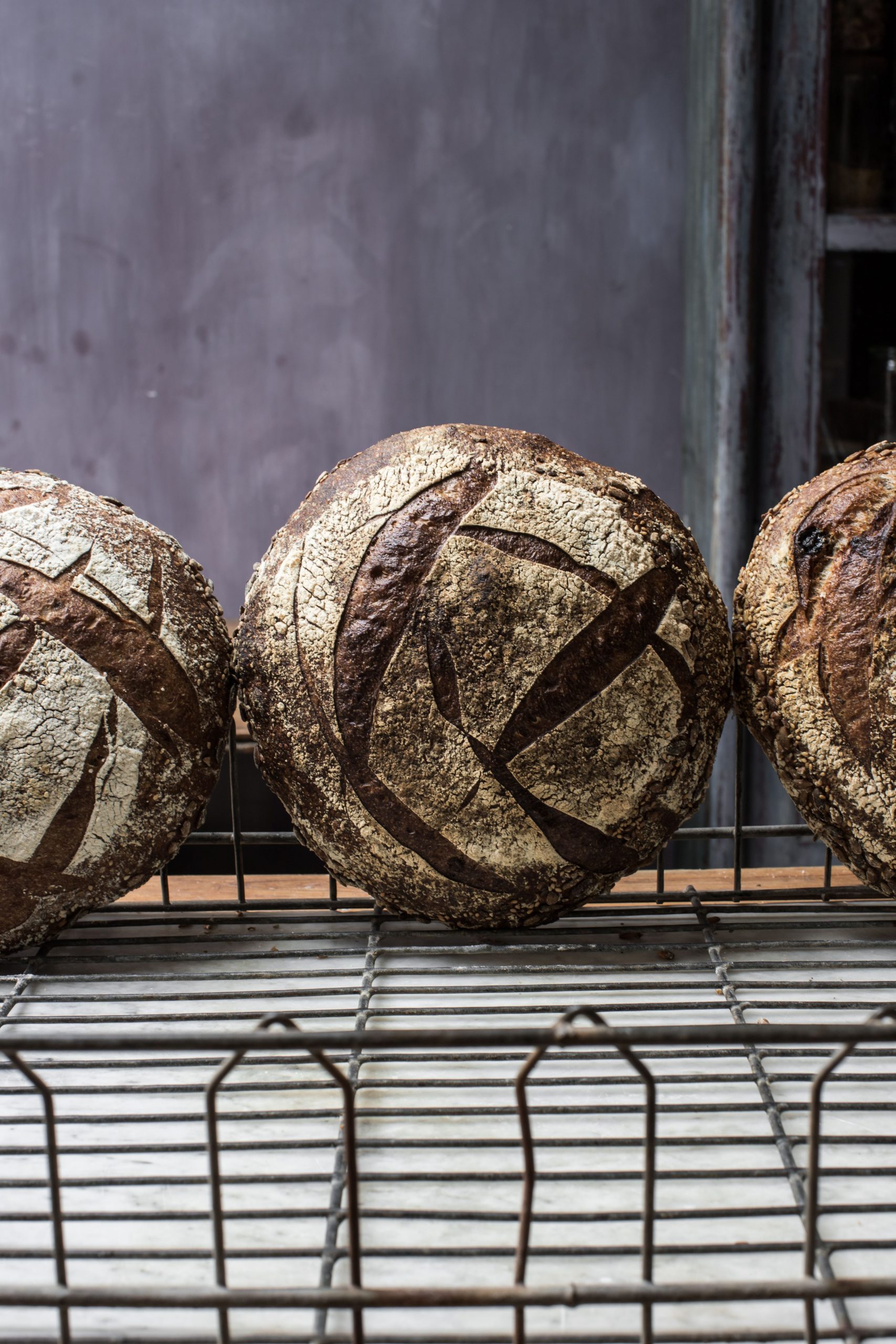Bran refers to the outer layers of cereal grains, including wheat, rye, and spelt. It forms part of the wholegrain structure and is removed during the production of refined white flour. However, bran is rich in nutrients and plays a vital role in both digestion and long-term health.
Why Bran Matters in Baking
Bran contains dietary fibre, B vitamins, minerals, and powerful plant compounds such as polyphenols. These components not only support gut health but also influence blood sugar regulation and satiety. Although bran is often considered rough or coarse, its inclusion in baking provides a deeper, more complex flavour and a denser crumb texture.
The Role of Bran in Sourdough
In sourdough, bran feeds the wild yeasts and lactic acid bacteria, enhancing the fermentation process. When allowed to ferment slowly, bran becomes more digestible and its nutrients more bioavailable. This supports better absorption and a gentler effect on the digestive system.
At The Sourdough School, we mill whole grains fresh to retain the integrity of bran. Our botanical blend flours are crafted to include diverse grains and seeds, ensuring maximum nutritional benefit.

Baking with Bran at Home
Incorporating bran into home baking starts with choosing stoneground or wholegrain flours. These flours naturally contain the bran, germ, and endosperm, offering a more balanced and nourishing loaf. If you’re following a recipe that uses refined flour, you can also add a spoonful of wheat bran for added texture and fibre.
Our Proven Bread Subscription includes breads made with freshly milled grains and a high-bran content. These loaves are slow-fermented to improve nutrient availability and support the gut microbiome. They’re ideal for those looking to benefit from a fibre-rich, naturally fermented diet.
Learning More
Bran is explored in depth through our retreats, consultations, and online courses. Understanding its effects on digestion, IBS, and blood sugar is a core part of our approach to baking as preventative healthcare.
 Boule
Boule



